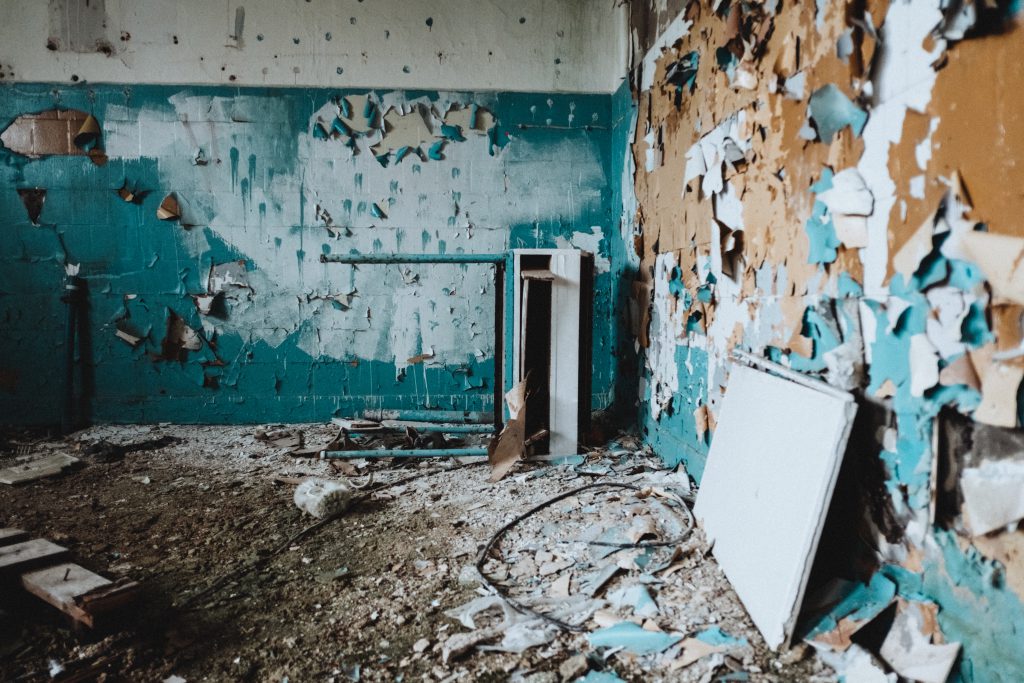Folk Horror as a Mirror of Collective Dread
페이지 정보
작성자 Manuel Bar 작성일25-11-15 02:52 조회5회 댓글0건관련링크
본문
Folk horror has always been more than just scary stories about creepy rituals and isolated villages.

This genre gives form to the silent terrors simmering beneath everyday life.
As social bonds fray and neighborhoods dissolve...
when traditions are breaking down...
or when authority figures can no longer be trusted...
it transforms abstract dread into tangible, visceral horror.
It turns myth and superstition into living, breathing threats.
casting old superstitions as harbingers of societal decay.
As Britain wrestled with recession and the erosion of its cultural self-image...
The Wicker Man crystallized a terror of surrendering to primal, irrational powers.
The film didn’t just show a pagan cult—it showed a society that had abandoned modern logic in favor of something older, stranger, and more primal.
Audiences recognized their own disillusionment in its imagery.
Modern folk horror has shifted its lens to reflect 21st-century fears.
From Appalachian backroads to Scandinavian fjords, new folk horror laments lost cohesion.
When the digital lifeline vanishes and rescue never arrives...
the horror isn’t just from monsters or curses—it’s from the realization that no one is coming to save them.
This echoes our paradoxical loneliness in an age of constant connectivity.
The genre interrogates the violence of forgetting.
Many stories involve the return of suppressed histories—indigenous beliefs, forgotten rituals, or silenced voices from the past.
These narratives ask uncomfortable questions: What have we buried in our rush to modernize?...
What traditions have we dismissed as superstition, only to find they hold power we no longer understand?.
Its power lies not in shock, but in slow, creeping unease.
The horror dwells in the breath between heartbeats.
the void left when the last elder dies...
the certainty that the land itself remembers.
The soil, the stones, the trees—none of them forgive, and none of them forget.
It doesn’t merely unsettle.
It holds up a mirror.
It shows us that the monsters we fear aren’t always outside us.
they’re the rot beneath the surface of our progress.
our refusal to honor what came before.
and our refusal to listen to the stories that came before.
댓글목록
등록된 댓글이 없습니다.

